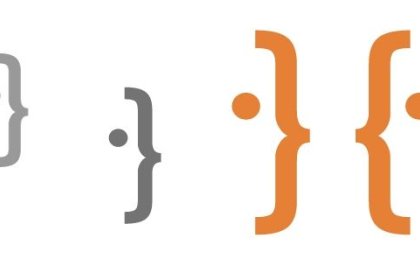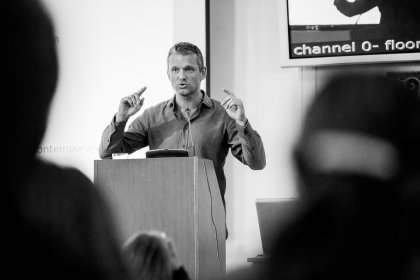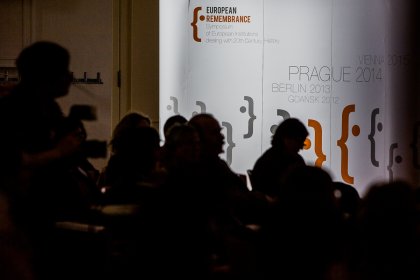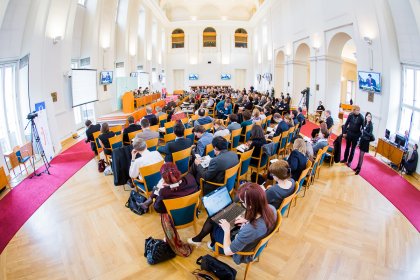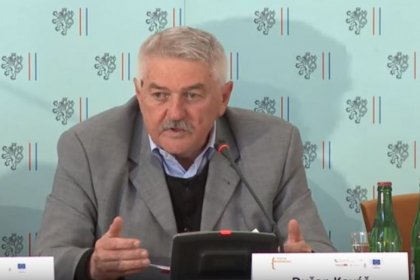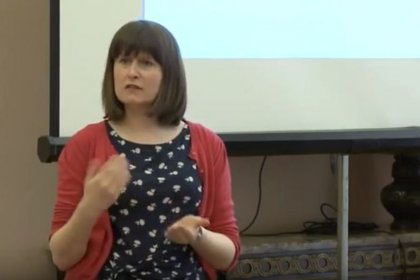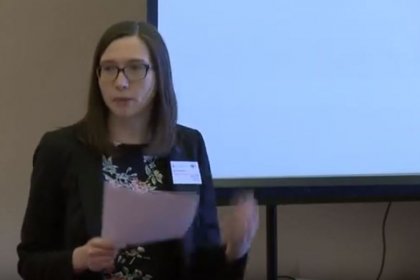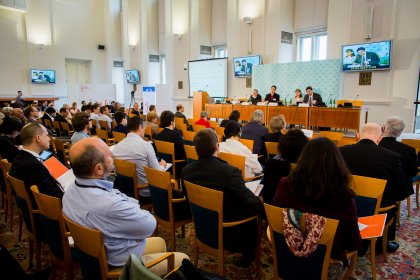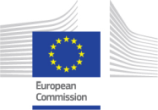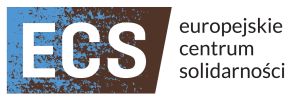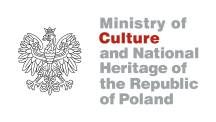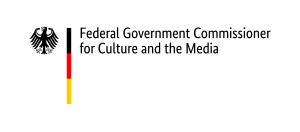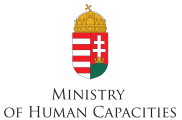In 2014 we mark the round anniversaries of some of the most important turning points in European history: 100th anniversary of the Great World War, 75th anniversary of the outbreak of World War II, 25th anniversary of 1989, and last but not least 10th anniversary of the enlargement of the European Union to include former communist bloc countries. These anniversaries are an excellent starting point for a debate on the Eastern Bloc countries’ transition from dictatorship to democracy and a debate on the integration of the former communist countries ten years after the EU expansion.
A vital requirement for a successful debate is the recognition of the fact that these anniversaries are differently understood in each country. For example, 1989 is considered a turning point in the history of Poland (first free elections), Czech Republic and Slovakia (Velvet Revolution), and Germany (fall of the Berlin Wall). In other countries, such as the Baltic States or Ukraine, different dates are remembered and commemorated. Similarly, the Great World War has a different meaning in different national narratives. While in France or UK it is considered as a traumatic experience, the central European countries view it more in the context of regaining independence rather than in the context of a senseless slaughter of the new century's young generation.
During the Symposium we will ask the participants about the common European experience of dictatorships and wars. Our aim is to concentrate on the 25th anniversary of the 1989 not in terms of a collapse of dictatorial regimes in our part of Europe but more importantly, in terms of significant step towards opening the way for the 2004 EU expansion.

